¡Bienvenidos! Welcome
Through community partnerships and capacity building, we provide leadership through innovative research that promotes culturally responsive evidence-based practices, informs health policy, and advances the health and well-being of our growing Latinx community.

Policy Brief | Mi Salud: Community-Based Cardiometabolic Health Screening, Counselling and Referral Pilot Program, December, 2024
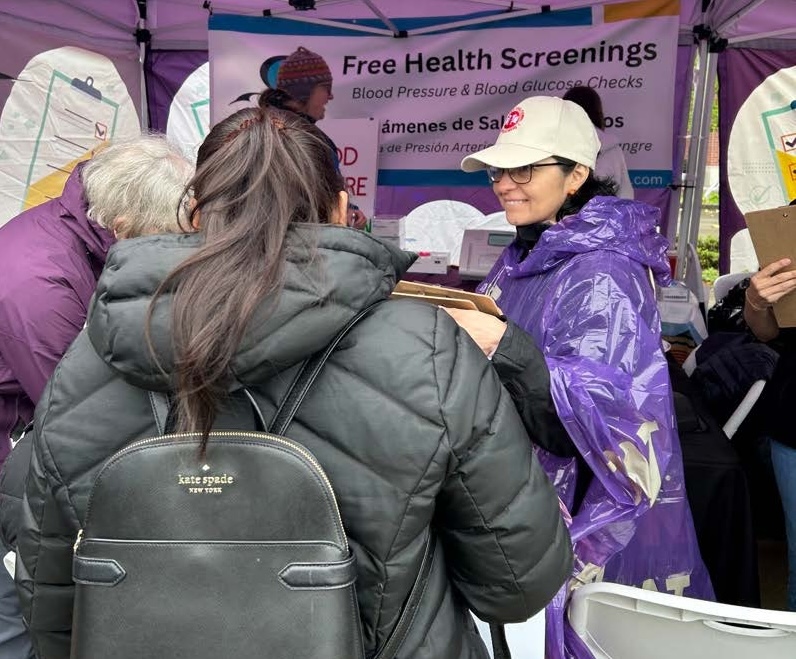
This policy brief presents findings from seven mobile cardiometabolic health screening, referral, and counseling clinics conducted statewide from January to November 2024. The Mi Salud pilot program aims to improve access to care for Washington’s most marginalized Latino communities through partnerships with trusted community-based organizations. The brief highlights significant health challenges, including high rates of obesity, diabetes, and hypertension, exacerbated by barriers like lack of insurance and immigration fears. These findings emphasize the urgent need to expand community-based health services.
LCH and Adios COVID Offer Vaccines and Screenings at Afro Latino Festival
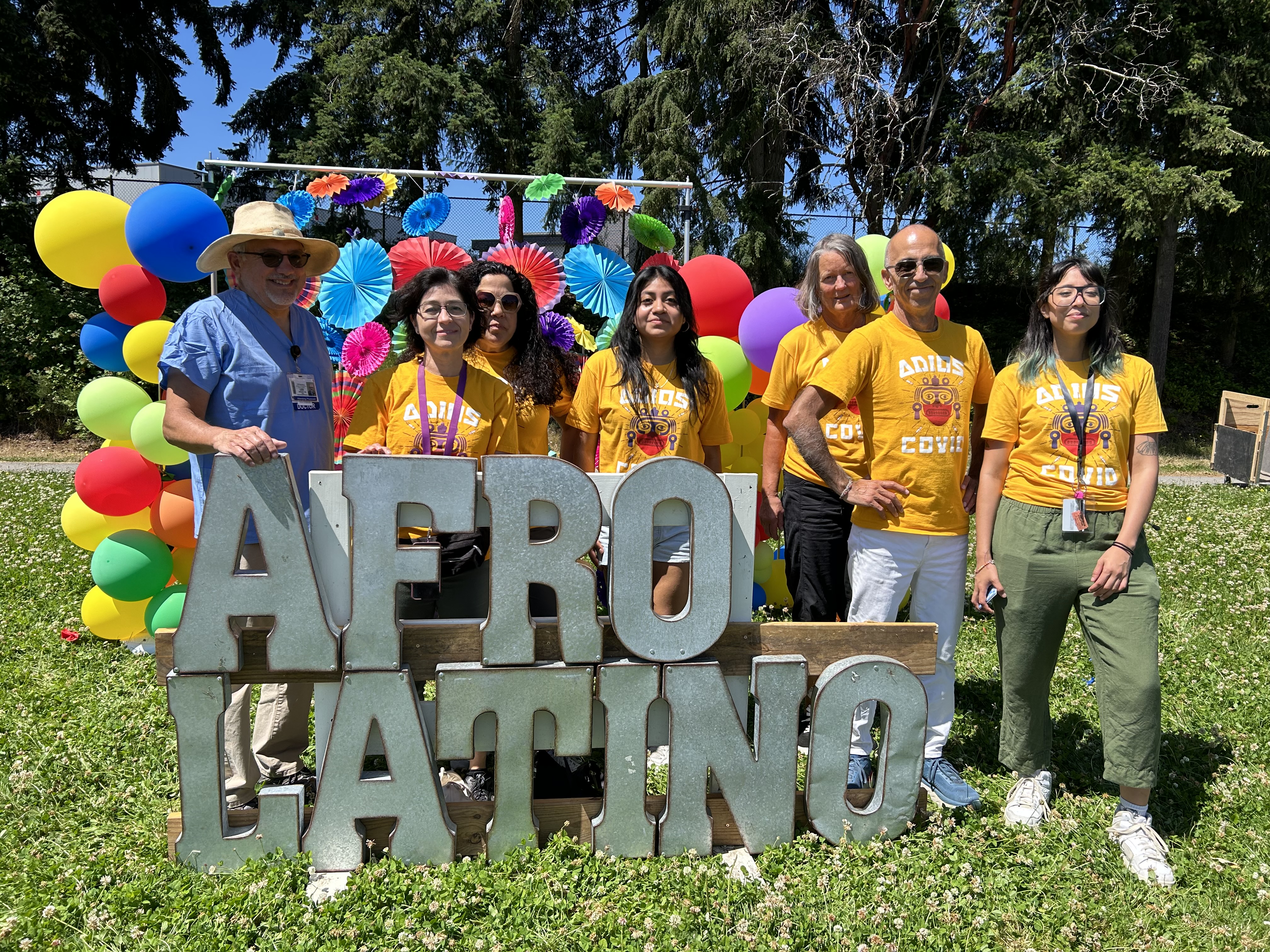
Team members from LCH and Adios COVID offered community members free vaccines (COVID-19 and childhood vaccines), as well as blood pressure and blood glucose screenings during the Afro Latino Festival. The event was held on Saturday, July 13, at Cedar Valley Community School in Lynnwood, WA. From right to left: Leo Morales, Aida Hidalgo, Giselle Cárcamo Romero, Wendy Hernandez, Michele Olsufka, Frank Martinez, Agus Vega.
Welcome to Our Summer 2024 Interns
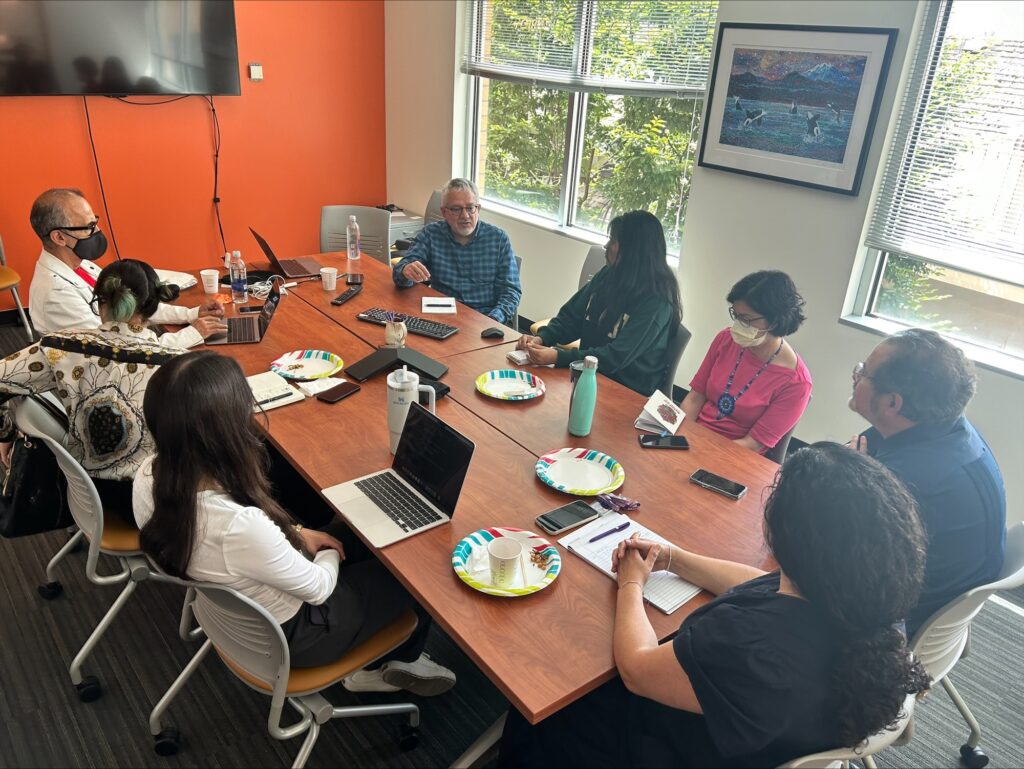
Dr. Leo Morales (Co-Director of Latino Center for Health) speaks to summer interns during welcome meeting on July 28, 2024. Seattle.
Chat with Dr. Matias Valenzuela, LCH Advisory Board Member
Dr. Leo Morales Discusses Need for More Resources for Latinos with Long COVID
Dr. Leo Morales, Professor at the University of Washington School of Medicine and Co-Director of the Latino Center for Health, recently spoke with the Latino News Network regarding the need for resources to assist Latinos battling long COVID.
LCH’s Emely Barragan Sits Down with Centro Cultural Mexicano
Centro Cultural Mexicano Radio Ya es Tiempo
A Conversation with Emely Barragan, UW Graduate in Public Global Health with Latino Center for Health and Sofia Larrondo and Barrie Silva of Centro Cultural Mexicano.
Posted by Centro Cultural Mexicano on Tuesday, May 14, 2024
Graduate Fellows Meeting at LCH – May, 2024
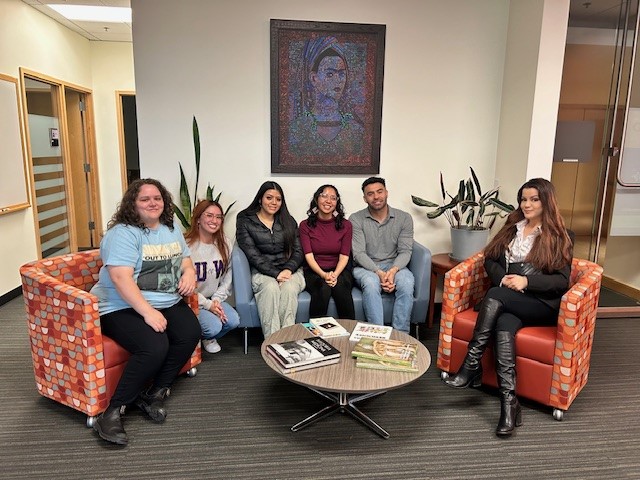
Latino Center for Health’s 6th Latinx Faculty Recognition Event
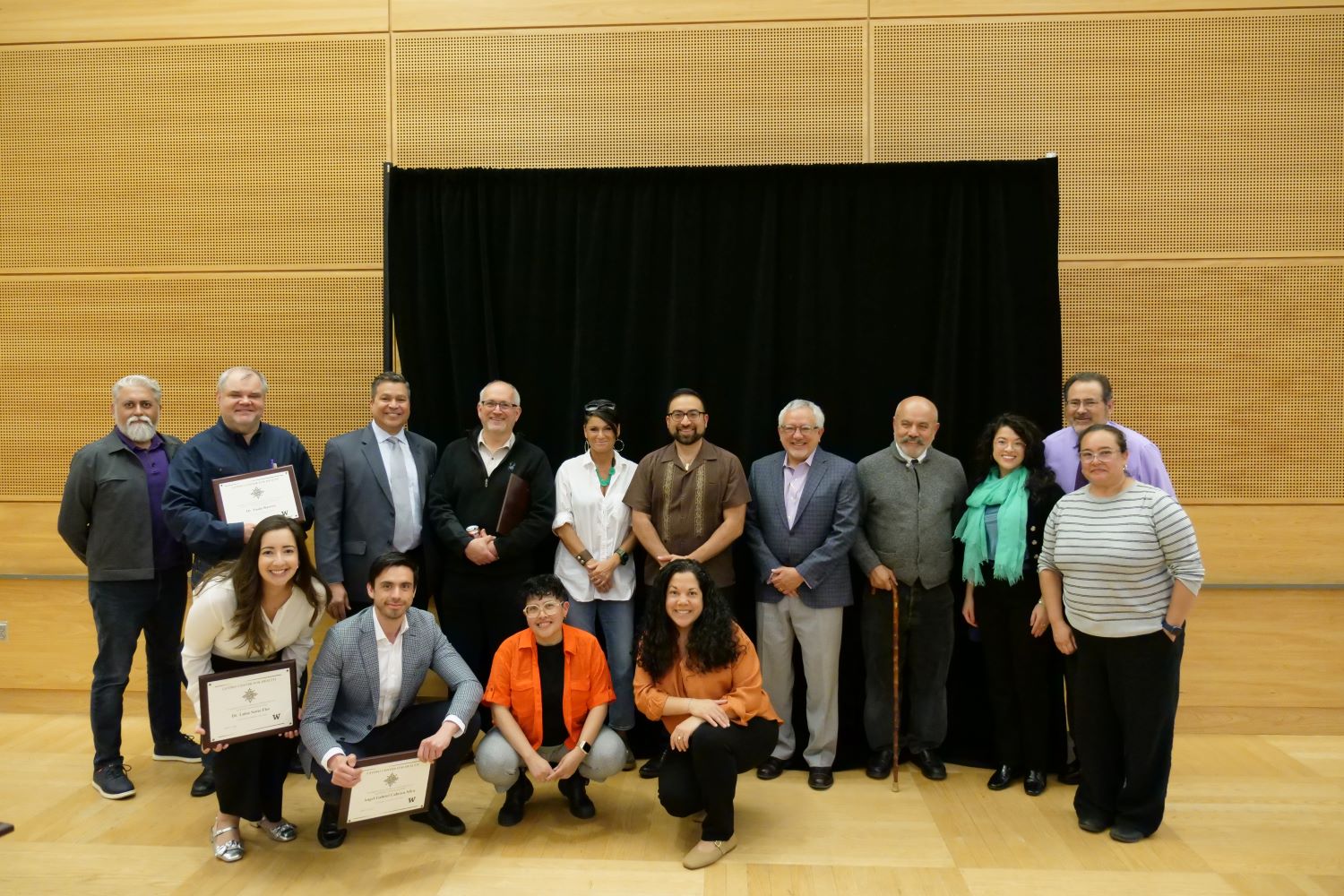
Dr. Gino Aisenberg Named 2024 Social Work Educator of the Year
Dr. Gino Aisenberg, Associate Professor at the University of Washington School of Social Work and Co-Director of the Latino Center for Health, has been named the 2024 Social Work Educator of the Year by the Washington State Chapter of the National Association of Social Workers (NASW).
Research
In partnership with community leaders, policymakers, and other stakeholders, the Latino Center for Health conducts innovative, interdisciplinary research addressing current and emerging health issues affecting urban and rural Latinx communities in the state of Washington, regionally, and nationally.
Community Engagement
The Latino Center for Health was formed in 2014 by Latinx researchers who recognized a need for community-engaged research to solve health issues in the Latinx community in Washington state. Today, LCH continues to build on this foundational approach by creating sustainable relationships.
Policy & Practice
LCH bridges evidence with policymaking in Washington state to positively impact Latino health and well-being. We do this by translating research to inform policy and practice. We share findings through community partnerships and strategic engagement with policymakers, stakeholders and representatives.
Join our mailing list!
WA LATINOS AT A GLANCE
POPULATION
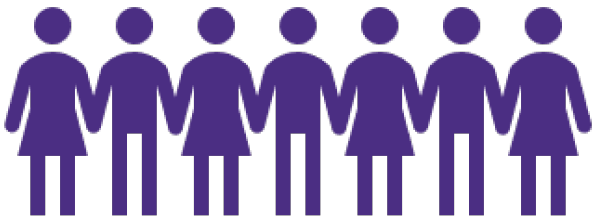
13%
Latinx/Hispanic: 970,353
Total WA Pop: 7,535,591
32%
immigrants
[U.S citizen: 9%, Not U.S. citizen: 23%}
HEALTH

38%
of adults report poor mental health status
TOP 5 COUNTIES

- Adams 69%
- Franklin 56%
- Yakima 51%
- Grant 43%
- Douglas 33%
VS. 16) King County: 10%
LANGUAGE
The language spoken at home is:

STRONG ETHNIC IDENTITY
Latinx people have a strong connection to their culture, history, and values.
This connection is a protective factor in mental health and overall health in the face of multiple stressors and inequities
May 16, 2024
6th Latinx Faculty Recognition Event
The Latino Center for Health organized its 6th Annual Latino Faculty Recognition Event on April 17th at the Lyceum in the HUB. This gathering commended the exceptional accomplishments of 34 Latinx faculty members from the University of Washington’s Bothell, Tacoma, and Seattle campuses. These faculty members have left a lasting impact through their teaching, mentorship,...
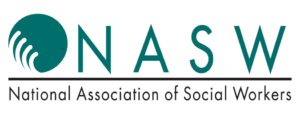
February 14, 2024
Dr. Gino Aisenberg Named 2024 Social Work Educator of the Year
Dr. Gino Aisenberg, Associate Professor at the University of Washington School of Social Work and Co-Director of the Latino Center for Health, has been named the 2024 Social Work Educator of the Year by the Washington State Chapter of the National Association of Social Workers (NASW). Dr. Aisenberg is being recognized for his long-standing contributions...
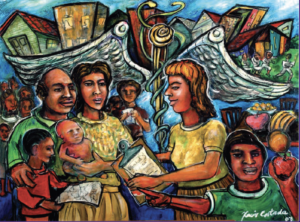
January 25, 2024
LCH participates in Latino Legislative Day: Dr.Morales presents on Long COVID
Dr. Leo Morales presented at the Latino Legislative Day on behalf of the LCH, sharing findings from the LCH's Long COVID Study and advocating for legislative measures to improve health outcomes for Latinos in Washington state.
Although “Latino” is in the official name of LCH and is considered the most familiar term, we recognize that it is limited. We acknowledge that “Latino” is a male-gendered identifier and people in our community choose other forms of identity, including “Latina” and gender-neutral “Latinx” and “Latine.” Our community is not a monolith, and we work to support all chosen identities.